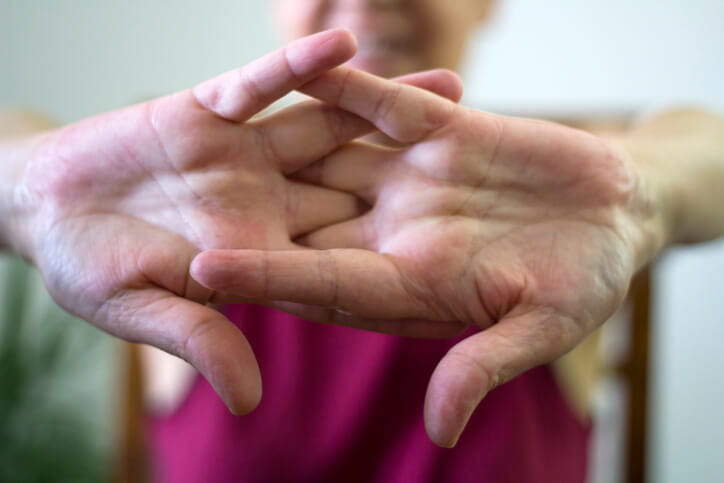Orthopedic Care
Baptist Health caters to your individual orthopedic needs and your family’s busy lifestyle.

While the research is limited, the evidence that does exist shows that cracking your knuckles doesn’t harm your joints. There’s also no evidence that cracking your knuckles makes your joints larger or weakens your grip.
Baptist Health caters to your individual orthopedic needs and your family’s busy lifestyle.
When they “crack,” your joints can make noises that sound like popping, cracking, grinding, and snapping. Joints that crack are the knuckles, knees, ankles, back, and neck and there are different reasons why they make noise, including:
You’ve probably heard that cracking your knuckles can cause damage to your joints, including the myth that it can make your knuckles larger. That fact is, though, that cracking your knuckles does no harm to your joints. If you don’t experience pain when you crack your knuckles, which can be due to other factors like arthritis, gout, or trauma, then feel free to crack them. But if you do experience pain, swelling, an unusual sound, or decreased motion, you should contact your doctor.
Several studies have been done to determine if knuckle cracking can lead to arthritis, but no link has been found. Painless cracking of your knuckles does not cause arthritis. Researchers from the Uniformed Services University of the Health Sciences examined a group of 215 people, 20% of whom said that they regularly cracked their knuckles. Results showed that 18.1% of the people who cracked their knuckles and 21.5% who didn’t had arthritis in their hands. Put simply, the chances of getting arthritis were about equal in both groups.
To sum it all up, knuckle cracking hasn’t been shown to be either harmful or beneficial. It doesn’t lead to arthritis so if you feel like cracking your knuckles and it doesn’t cause pain, crack away.
If you have any more questions about knuckle cracking and the health of your joints, reach out to the Baptist Health Orthopedic team to schedule an appointment.